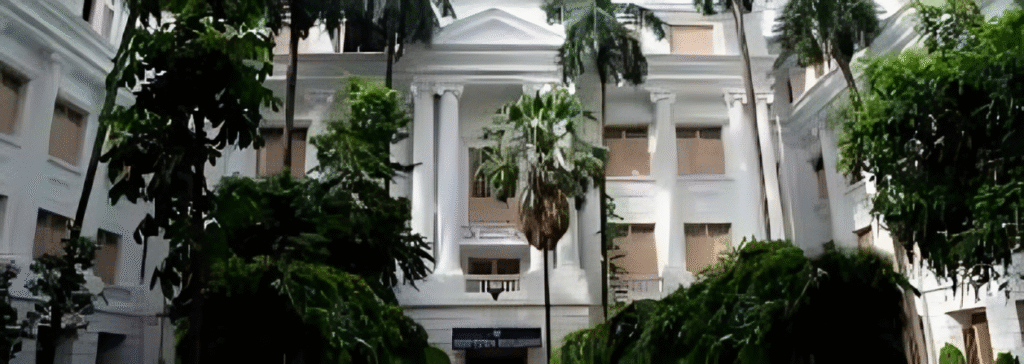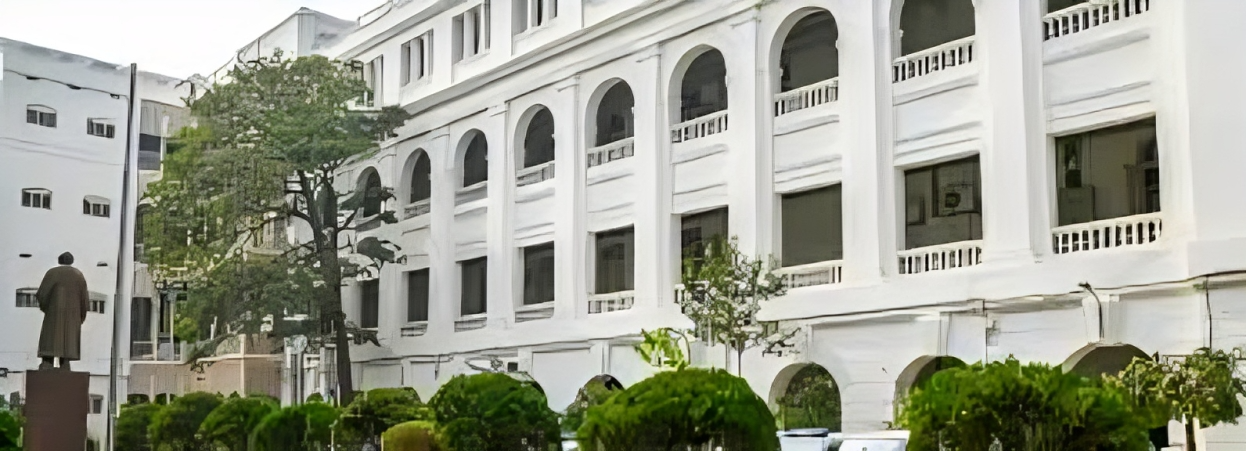Calcutta University (CU) has advised its affiliated colleges to hold classes during the summer vacation to make up for lost instructional time caused by delays in last year’s admission process. Registrar Debasis Das explained that the university issued this advisory to help colleges complete undergraduate course syllabi. Colleges can choose the mode of instruction—online, physical, or hybrid—depending on their capabilities and students’ needs.
Admission Delays Impacting Academic Schedule
Last year’s admission process started a month later than usual because of uncertainties surrounding the centralised or decentralised system. As a result, the 2024–25 academic session began late, leaving many undergraduate seats vacant. Colleges admitted students in multiple phases, some as late as November. This prolonged admission period reduced teaching days and disrupted syllabus completion.
College Principals Voice Concerns
Principals of several colleges raised concerns about the timing of the advisory. For example, Jaydeep Sarangi, principal of New Alipore College, said an earlier advisory would have given colleges time to plan and adjust schedules. Similarly, Manas Kabi, principal of Asutosh College, noted that many teachers had already planned vacations during the break, making it difficult to follow the advisory on short notice.
Colleges Take Flexible Approach to Summer Classes
Despite these challenges, colleges are working to ensure students’ academic progress stays on track. Lady Brabourne College, for example, has given individual teachers the choice of conducting classes on campus or online, prioritising flexibility and student convenience. Other institutions are exploring online teaching options to accommodate students during the heatwave while making up for missed classes. CU’s decision highlights the need for colleges to adapt to evolving educational challenges and continue providing quality education.

Heatwave Prompts Transition to Online Classes
The ongoing heatwave in Kolkata has added to the challenges. In response, many colleges have shifted to online classes to protect students and staff from extreme temperatures. However, colleges are continuing practical classes offline with adjusted schedules. Surendranath College, for instance, has arranged online classes and is coordinating with students and academic committees to determine suitable timings. The college also holds practical sessions offline with flexible timings set by teachers and students. Scottish Church College has adopted a similar approach, conducting online classes for theoretical subjects and offline sessions for practical exams.
Looking Ahead: The Need for Strategic Planning
The current situation highlights the importance of strategic planning and timely decision-making in academic institutions. While the advisory addresses immediate challenges, it also underscores the need for proactive measures to prevent similar disruptions in future academic sessions. Stronger coordination between the university and college administrations, along with early planning, can reduce the impact of unforeseen disruptions on the academic calendar.
Pakistan’s Offensive Foiled by BrahMos Missiles: Exclusive Insights from Shehbaz Sharif


